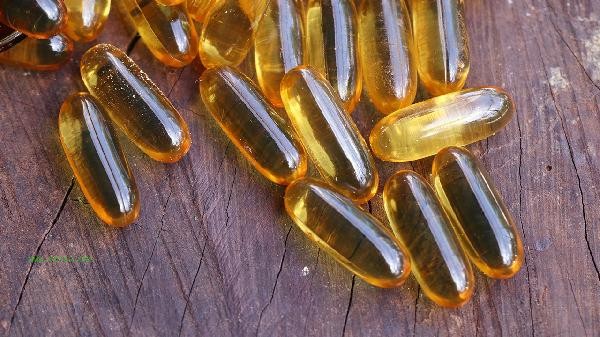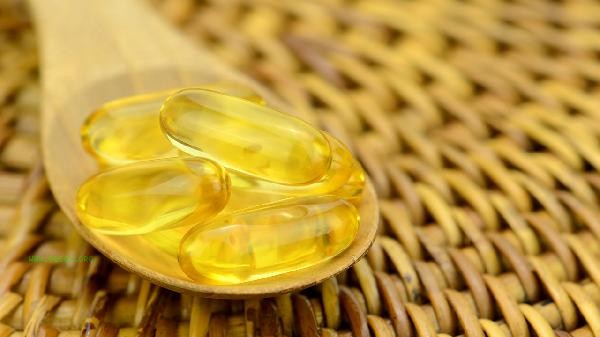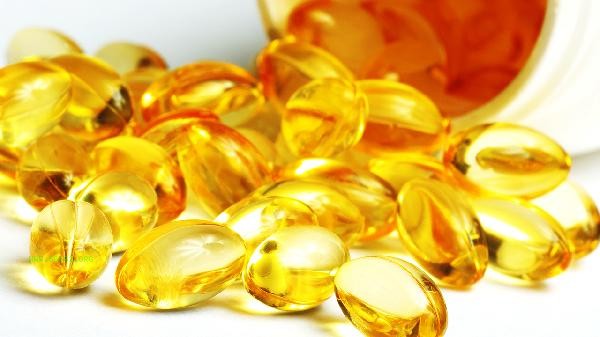People with diseases such as hemochromatosis, gout, kidney stones, favism, and iron overload are usually not recommended to supplement with vitamin C. Vitamin C may worsen the symptoms of these diseases or induce complications, mainly including metabolic abnormalities, elevated uric acid, oxalate deposition, hemolysis risk, and excessive iron absorption.

1. Metabolic abnormalities
Patients with hemochromatosis have disrupted iron metabolism, and excessive vitamin C can promote intestinal absorption of iron, leading to increased deposition of iron in organs such as the liver and heart. These patients should limit their daily intake of citrus fruits rich in vitamin C, avoid taking vitamin C supplements, and regularly monitor their serum ferritin levels.
2. Elevated uric acid
Gout patients have abnormal uric acid metabolism, and high-dose vitamin C may increase uric acid production and inhibit renal excretion, leading to joint pain attacks. During the acute attack period, it is necessary to strictly limit vitamin C supplements, and the daily intake during the remission period should not exceed 200 milligrams. Be cautious of high vitamin C foods such as kiwifruit and fresh dates.
3. Oxalate deposition
In patients with kidney stones, especially those with calcium oxalate stones, vitamin C metabolism in the body can produce oxalate, which may exacerbate stone formation. It is recommended to control the daily intake of vitamin C for this group of people below 100 milligrams, and avoid consuming high oxalate foods such as strawberries and spinach on an empty stomach when taking vitamin C.

4. Hemolysis risk
Patients with favism may experience hemolysis due to a deficiency of glucose-6-phosphate dehydrogenase and high doses of vitamin C, which may induce oxidative stress. This group of people should completely avoid vitamin C supplements, be cautious of consuming high vitamin C fruits such as guava and persimmons, and seek medical attention immediately if oily urine appears.
5. Excessive iron absorption
In patients with iron overload diseases such as thalassemia, vitamin C significantly increases the bioavailability of dietary iron, exacerbating the damage of iron deposition to organs. Daily consumption of vitamin C with red meat and animal liver should be avoided, and regular chelation therapy with deferoxamine should be performed during treatment.

Special disease populations should consult with serum vitamin C testing to assess their actual needs before supplementing with vitamin C. Daily diet can choose fruits such as apples and pears with moderate vitamin C content, and avoid long-term use of high-dose supplements. Combining multiple chronic disease patients requires consultation with a nutrition department to develop personalized plans, while monitoring urine pH and renal function indicators. Reduce high temperature and prolonged heating during cooking to preserve the natural vitamin C activity in food.



Comments (0)
Leave a Comment
No comments yet
Be the first to share your thoughts!